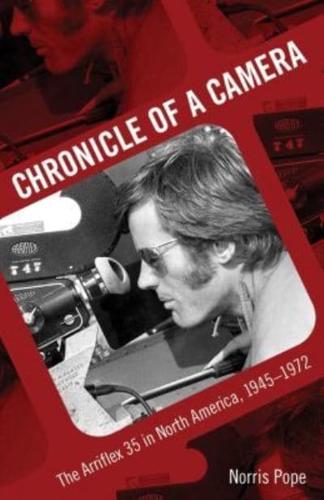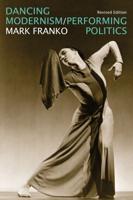Publisher's Synopsis
This volume provides a history of the most consequential 35mm motion picture camera introduced in North America in the quarter century following the Second World War: the Arriflex 35. It traces the North American history of this camera from 1945 through 1972-when the first lightweight, self-blimped 35mm cameras became available.
Chronicle of a Camera emphasizes theatrical film production, documenting the Arriflex's increasingly important role in expanding the range of production choices, styles, and even content of American motion pictures in this period. The book's exploration culminates most strikingly in examples found in feature films dating from the 1960s and early 1970s, including a number of films associated with what came to be known as the "Hollywood New Wave." The author shows that the Arriflex prompted important innovation in three key areas: it greatly facilitated and encouraged location shooting; it gave cinematographers new options for intensifying visual style and content; and it stimulated low-budget and independent production. Films in which the Arriflex played an absolutely central role include Bullitt, The French Connection, and, most significantly, Easy Rider. Using an Arriflex for car-mounted shots, hand-held shots, and zoom-lens shots led to greater cinematic realism and personal expression.









